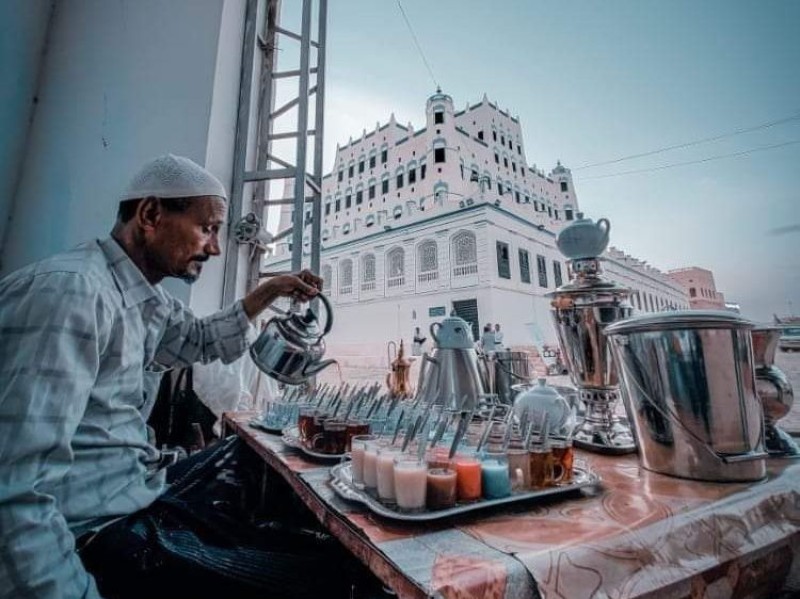Yemen will fight corruption and currency woes, says prime minister


Institutional corruption and a spiralling currency will be among the targets of Yemen’s new government, Prime Minister-designate Maeen Abdulmalik Saeed said.
Speaking after a meeting with party leaders and the parliamentary speaker on Wednesday, Saeed said the new administration will focus on reviving Yemen’s economy, halting the depreciation of the riyal, alleviating the suffering of Yemenis and combating corruption in state institutions.
Devaluation of the riyal has hit ordinary Yemenis, while uncontrolled currency speculation has damaged the economy, he said.
“We are confronting a multidimensional battle. It is not only military but also economic, humanitarian and developmental. The new government represents the will of the people, and will face challenges with courage and resolute measures,” he said.
Saaed said that his government will apply radical reforms aimed at boosting revenues and improving financial management.
Under the Riyadh Agreement designed to end hostilities between the internationally recognized government and separatists in southern Yemen, the Yemeni president in July mandated the outgoing prime minister to form a new unity government that will include separatist Southern Transitional Council.
On Wednesday, the Yemeni army and separatists said they had completed the military components of the agreements after withdrawing their forces from flash points in the southern province of Abyan under the supervision of Saudi monitors.
The Yemeni riyal has tumbled from 500 against the dollar in January 2018 — when tensions between the Yemeni government and separatists erupted into sporadic military clashes — to 920 this month.
The currency rebounded on Thursday after the Arab coalition announced the beginning of implementation of the Riyadh Agreement.
In the western city of Taiz, hundreds of protesters demanded the government take immediate steps to halt rising prices and the devaluation of the riyal.
Led by local labor and human rights unions, protesters carried posters urging the government to address worsening economic conditions and improve people’s lives.
“The fall of the currency is a direct killing of the Yemeni citizen,” one poster read. “Silence about high prices and a falling currency is premeditated murder,” another read.
In Riyadh, the Yemeni government repeated its demands to the UN mission to relocate its main office from Houthi-controlled areas in the western province of Hodeidah to a “neutral” area in the country.
Yemen’s Foreign Minister Mohammed Al-Hadrami told Daniela Crosslake, deputy head of the UN Mission to Support the Hodeidah Agreement, that the Houthis are obstructing UN monitors in Hodeidah and violating the Stockholm Agreement.
The UN mission in Yemen is unable to work freely since its main office is inside Houthi territory, he said.
Yemen’s government has boycotted the Redeployment Coordination Committee (RCC) that monitors a truce in Hodeidah since March when a Houthi sniper killed a government soldier.
Hundreds of civilians have been killed in shelling or by land mines planted by the Houthis in Hodeidah since late 2018 when the government and the militia signed the Stockholm Agreement, local right groups say.

Hadramout — UNESCO has officially inscribed Al-Dan Hadrami, a traditional poetic and musical art form from Yemen’s Hadramawt region, on…

NewYourk  -- The renowned auction house Sotheby’s has revealed plans to present one of the rarest surviving Yemenite Torah scrolls in it…

Aden — The Ministry of Agriculture and Irrigation in Yemen has issued a new decision prohibiting the hunting and trade of sea turtles, as par…